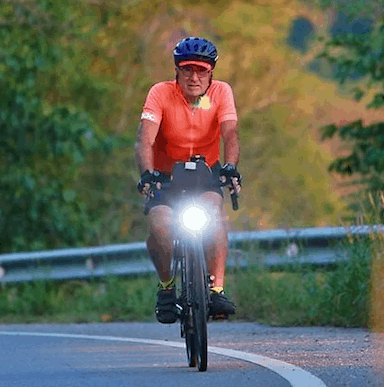On Friday I attended the Technology and Gender Inequalities conference at CRASSH here in Cambridge the event was part of the Social Science Week.
I was prompted to go by Shelleys article on Burningbird about the Our Social World Conference I held last year and her comments about the lack of women attending. Another reason is having a daughter who is about to launch into womanhood.
Twas a very interesting day loads of excellent lectures well summarised by Laura in this post. (Turns out we have a mutual acquaintance in Quentin). The room was well packed with the males very much in the minority!
Here’s a brief outline:-
Ingrid Schoon spoke about women and careers in science etc. They had analysed the data taken in two longitundinal studies (BCS70 and NCDS, about 10,000 people) and made a contextual development model. Steve Pavlina wouldnt be surprised to note the massive importance of teenage (16) aspirations in been a career predictor for SET (Science, Engineering, Technology) also the importance of self rated math ability and teacher rated math ability (Note: not ACTUAL math ability)
Mia’s talk, for me, was the most disturbing. They had interviewed a local company (could it be the one who has “The architecture for the digital world”). She found severe job segregation with female engineers doing support and debugging not development or managerial even worse the women had no language to talk about mentors/networks and found promotion a mystery. The men meanwhile were strongly mentored and all had been invited to apply for their jobs. An interesting aside was her comment that once women dominate a profession then the profession becomes less valued. Dreadful
Sonia Liff spoke about Digital divides and how the internet is used differently although some hope here with her statement “Does the data suggest areas of gender convergence – eg women becoming more comfortable with the technical, men becoming better at maintaining relationships”
Hua Dong had an excellent talk about Inclusive design. Pointing out that 62% of designers are under 40 whilst 21% of UK population is over 60 and half of the population is over 46! Had lots of great examples of good and bad design with the comment what is good for women is good for everyone. Mentioned Patricia Moore
who For a period of three years (1979-1982), in an exceptional and daring experiment, Moore traveled throughout the United States and Canada disguised as women more than eighty years of age. With her body altered to simulate the normal sensory changes associated with aging, she was able to respond to people, products, and environments as an elder.
(Maybe should get Nick to do this). She also pointed out the Chinese characters for blogging are based on doctor and guest!
Dale Southerton spoke on the temporal organisation of daily life. His data was from the Mass Observation in 1937 and 20 recent interviews. basically people work more to consume more. Interesting comment was that women are always busy, independent of marital status, number of kids, career or not. another comment was about harriedness and dividing time between cold spots (chill out zones) and hot spots (frenetic activity). I found this talk difficult to understand and interestingly he was obviously very flustered in operating the equipment – could it be that when you are in a minority your self rating is lowered and you become flustered?
Miriam Glucksmann spoke about the transformation of womens labour at home. Pointing out that women went from been “In Service” (Domestic employment in rich households) under a woman to factory work being under men making products for the home! (eg Radios, cleaners, kettles etc). She then went on to convenience foods ,explaining they aren’t recent eg sausages but speculating on how the chilled food sector has affected womens role today. Interestingly she hadnt heard of the miners making sushi in Worksop in a real role reversal. Think she needs to get in touch with Solway
Pity there was insufficient time for discussion and that Mia had to leave half way through day (Ironic point here – for childcare duties). But very enjoyable.


It’s not just engineering jobs where there is equality. Journalism was one of the first jobs to offer equal pay, yet when I started as a cub reporter on a weekly paper with a male, guess who was given the crap jobs to do while Keith went off to court and council meetings? Moi!